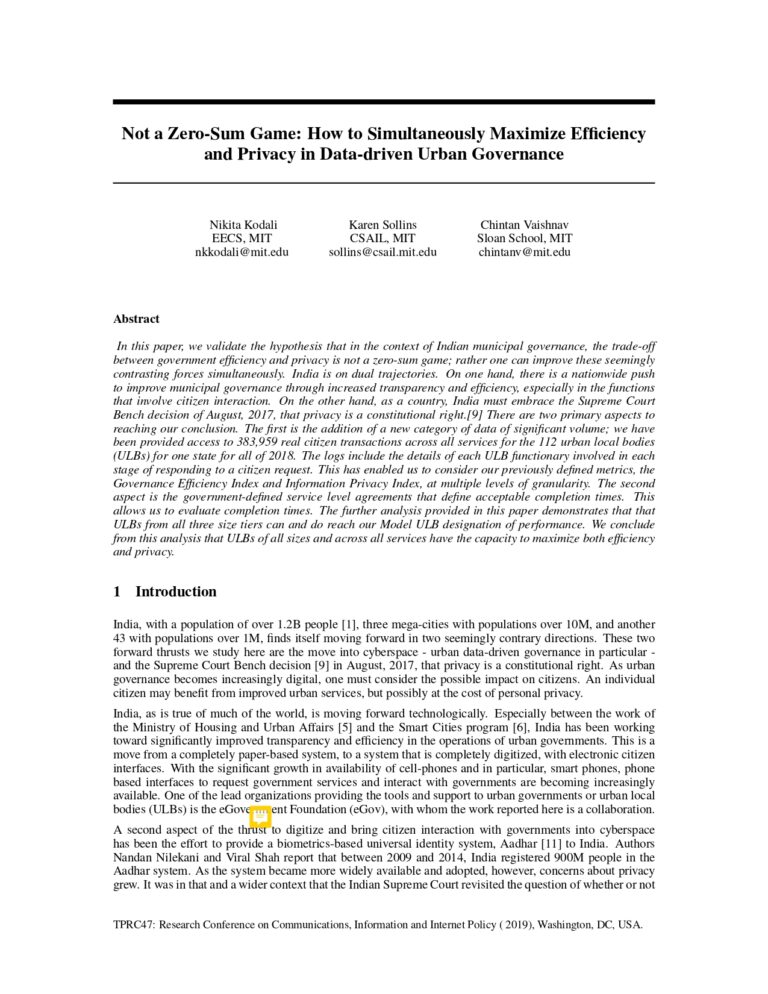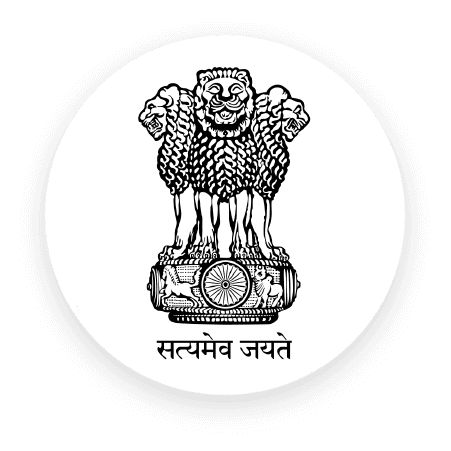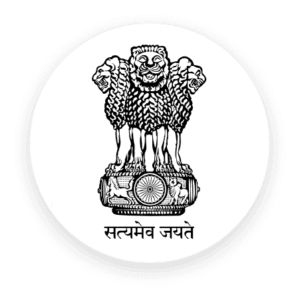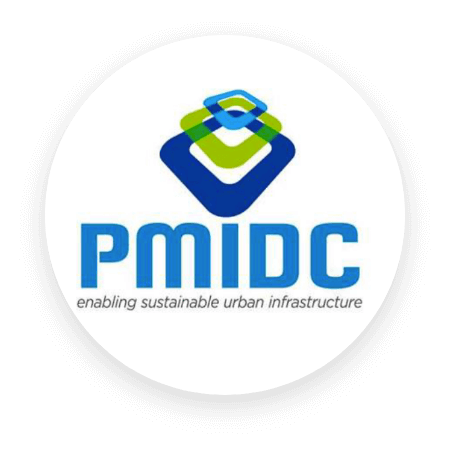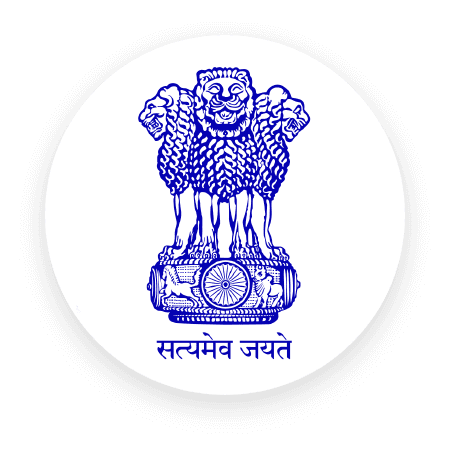Research Paper
Not a Zero-Sum Game: How to Simultaneously Maximize Efficiency and Privacy in Data-driven Urban Governance
Abstract
In this paper, we validate the hypothesis that in the context of Indian municipal governance, the trade-off between government efficiency and privacy is not a zero-sum game; rather one can improve these seemingly
contrasting forces simultaneously. India is on dual trajectories. On one hand, there is a nationwide push to improve municipal governance through increased transparency and efficiency, especially in the functions that involve citizen interaction. On the other hand, as a country, India must embrace the Supreme Court Bench decision of August, 2017, that privacy is a constitutional right.[9] There are two primary aspects to reaching our conclusion. The first is the addition of a new category of data of significant volume; we have been provided access to 383,959 real citizen transactions across all services for the 112 urban local bodies (ULBs) for one state for all of 2018. The logs include the details of each ULB functionary involved in each stage of responding to a citizen request. This has enabled us to consider our previously defined metrics, the Governance Efficiency Index and Information Privacy Index, at multiple levels of granularity. The second
aspect is the government-defined service level agreements that define acceptable completion times. This allows us to evaluate completion times. The further analysis provided in this paper demonstrates that that ULBs from all three size tiers can and do reach our Model ULB designation of performance. We conclude from this analysis that ULBs of all sizes and across all services have the capacity to maximize both efficiency and privacy
Authors
- Nikita Kodali, EECS, MIT
- Karen Sollins, CSAIL, MIT
- Chintan Vaishnav, Sloan School, MIT
Download the PDF to read complete paper
